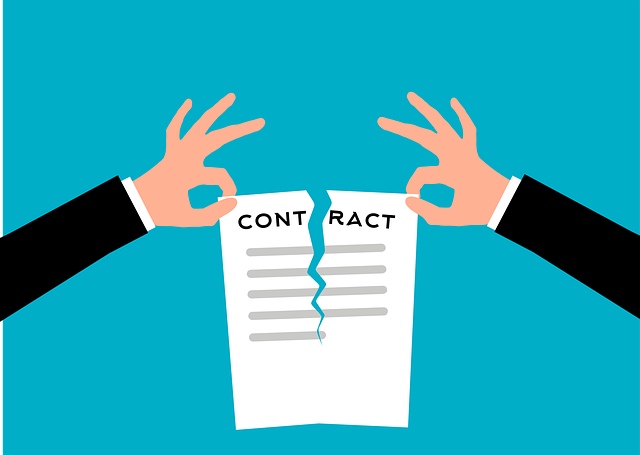The Shelterwood Academy lawsuits marked a pivotal moment in educational history, highlighting systemic abuse at a residential school for boys in Minnesota. Starting in the late 20th century, survivors came forward with stories of physical, emotional, and sexual abuse, leading to legal action seeking compensation and exposing institutional issues. The lawsuits had far-reaching implications, influencing policy changes, enhanced oversight, and increased protection for vulnerable individuals in care facilities. Through their testimonies, survivors revealed profound impacts, including trauma, anxiety, and PTSD, emphasizing the importance of community support and therapy in their healing journeys. These legal proceedings aimed to hold accountable those responsible, increase awareness about child welfare, and provide resources for victims through non-profit organizations and legal aid groups.
Discover the profound impact of the Shelterwood Academy lawsuits, a significant moment in history that brought attention to issues within residential treatment centers. This article explores the legal battles, delving into the historical context, survivor experiences, and the ensuing legal implications.
Learn how the Shelterwood Academy lawsuit revealed stories of abuse and neglect, shaping victims’ rights movements. Understand the journey towards accountability and the support systems established for survivors, offering a glimmer of hope and justice.
- Understanding the Shelterwood Academy Lawsuits: A Historical Perspective
- The Impact and Experience of Survivors
- Legal Implications and Support for Victims' Rights
Understanding the Shelterwood Academy Lawsuits: A Historical Perspective

The Shelterwood Academy lawsuits mark a significant chapter in the history of educational institutions and their handling of sensitive matters. This legal saga began with allegations of abuse and misconduct at the Shelterwood Academy, a private residential school for boys, primarily located in Minnesota. The first suits emerged in the late 20th century, with survivors coming forward to share their experiences of physical, emotional, and sexual abuse while in residence. These lawsuits not only sought compensation for the harm suffered but also aimed to bring light to systemic issues within the institution.
The historical context is crucial here, as Shelterwood Academy operated for several decades, during which time child welfare laws and public awareness around institutional abuse were evolving. As a result, these cases have had far-reaching implications, prompting increased scrutiny of private schools, youth homes, and other residential care facilities. The outcome of these lawsuits has influenced policy changes, improved oversight, and fostered a greater emphasis on the protection of vulnerable individuals within such settings.
The Impact and Experience of Survivors

The experience of survivors who were part of the Shelterwood Academy lawsuit is a powerful testament to the enduring impact of such events. Many have spoken about the profound sense of betrayal they felt, shattering their trust in institutions and authority figures. The lawsuits not only seek justice but also provide a platform for survivors to share their stories, shedding light on the emotional trauma and psychological scars left by the alleged abuses. This has been a pivotal moment for them to reclaim their narratives and demand recognition for the hardships they endured.
Survivors of the Shelterwood Academy lawsuit have described a range of effects, from ongoing anxiety and flashbacks to severe depression and post-traumatic stress disorder (PTSD). The legal process itself can be triggering, reliving the experiences in courtrooms and through documentation. Yet, despite these challenges, many survivors have found strength in community support and therapy, emphasizing the importance of peer connections and professional help in their healing journeys.
Legal Implications and Support for Victims' Rights

The Shelterwood Academy lawsuits have brought significant legal implications and attention to the rights of victims. These cases aim to hold accountable those responsible for any misconduct or abuse, ensuring justice for survivors. The legal process provides a platform for victims to share their stories and receive recognition for the trauma they endured. This has led to increased awareness about child welfare and institutional accountability.
Support systems are in place to aid victims in navigating the legal system. Non-profit organizations and legal aid groups offer resources, counseling, and representation to those affected by Shelterwood Academy’s controversial practices. These initiatives focus on empowering survivors to speak up, access justice, and receive the necessary support for their well-being, both physically and emotionally.
The Shelterwood Academy lawsuits have left an indelible mark on the lives of survivors, highlighting the importance of addressing historical institutional abuses. Understanding this chapter in history is crucial for fostering healing and ensuring that victims’ rights are upheld. The legal implications discussed in this article underscore the need for comprehensive support systems to aid survivors in their pursuit of justice and closure. By shedding light on this sensitive topic, we hope to revolutionize the way we approach similar situations, empowering individuals to share their stories and seek the help they deserve.
